In New Zealand, things change ever so rapidly that you’ll find yourself dealing with many last minute changes in your working holiday. Trust me that this happens even though you may be the best planner in the world. I was that confident one thinking that I planned for every possible scenario and that things could rarely catch me off my feet. HAHA how naive was I when I was proven so wrong in this 6 months there in New Zealand.
Anything can happen at any time to force you to make complete changes to your plans overnight. I had my fair share of unexpected turns during my working holiday in New Zealand. Hence, read on for some of my tips in dealing with last minute changes to minimise that “surprise” factor!
1. Research Thoroughly
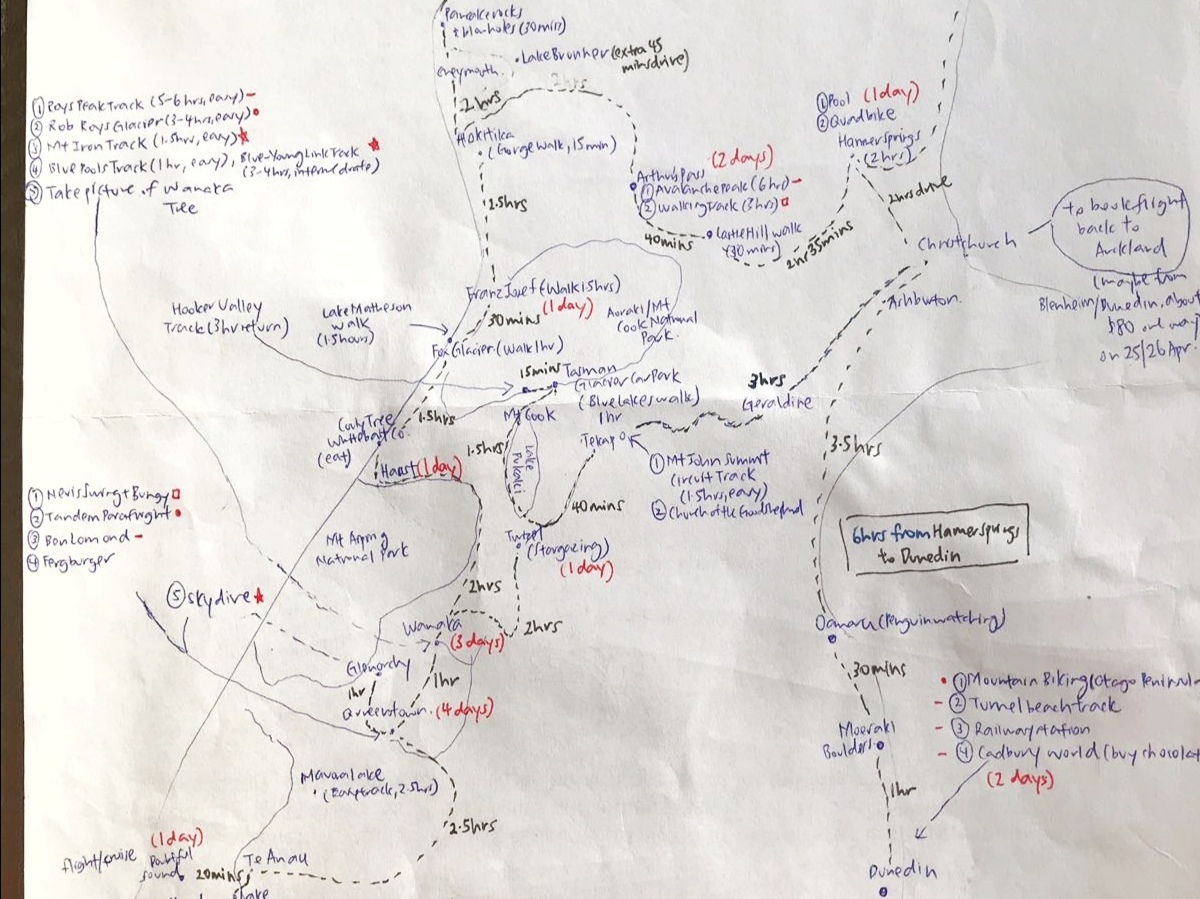
Doing enough research is one of the most foolproof method to dealing with last minute changes in your working holiday! It works to at least prepare yourself mentally for any expected last minute changes. If you’re planning to go for weather-dependent activities like a Glacier Heli-hike or Skydive, do check out the weather forecast. I would consider even a full-day hike or multi-day trek on any of the trails in New Zealand as weather-dependent. You would want to make sure you bring enough clothes and food as it can get really cold and your food supply may run out faster too.
I almost could not go on with my Skydive in Wanaka then because of the cloudy weather. However, I was mentally prepared since the beginning as I read about on-the-day cancellations because of how erratic the weather can be. It was especially so when we woke up to a cloudy day that morning. Eventually, Skydive Wanaka offered the option of jumping at 9,000 ft instead of the 12,000 ft I signed up for initially. I happily took it up though since it was better than having to cancel it entirely. However, be rest assured that they do offer refunds or re-scheduling readily too if you decide otherwise!
2. Plan for More Buffer Time and Have Alternative Plans

If you can, plan to stay for an additional day or two in every city that you’re planning a weather-dependent activity at. I especially recommend doing this in Greymouth when you’re there for the glaciers heli-hike. Oh, and also especially for skydiving, wherever you planned to be it Queenstown, Wanaka or even Bay of Islands.
Have wet weather plans so you can fill up your days even if it turns out to be sunny eventually. I usually find a hiking trail nearby and put that as an alternative to a weather-dependent activity. However, there may be extreme cases when you are forced to stay indoors because of really bad weather. I was at Mount Taranaki when we planned to hike the mountain for that picturesque view of the surrounding terrains. Who knew we would meet with Cyclone Gita as soon as we arrived in town! A safety warning was issued for everyone to stay indoors and we immediately took off to making alternative plans for indoor activities. We ended up cooking and partying indoors, playing board games and watching some movies over two full days.
3. Maintain an Open mind and Adapt!
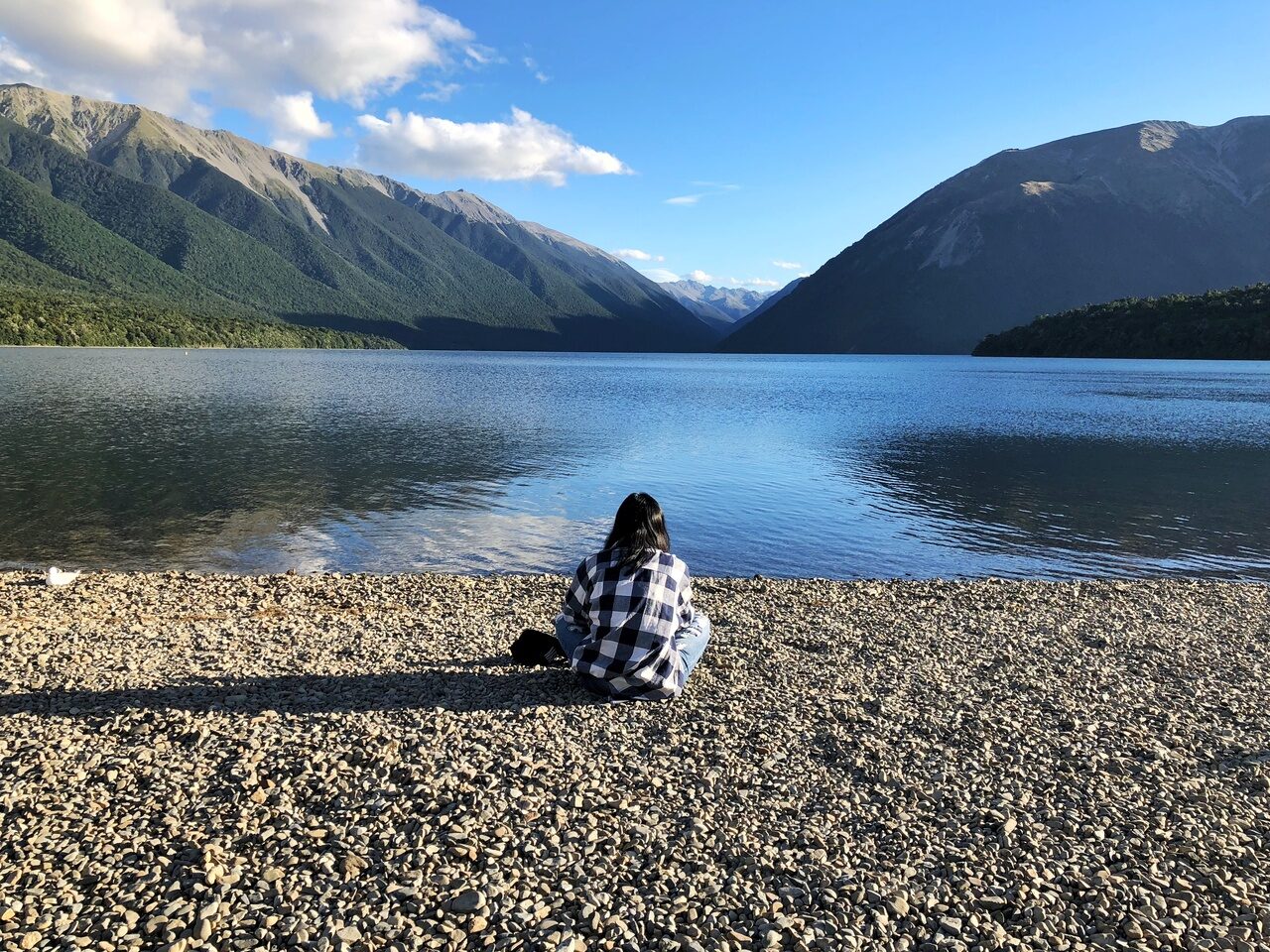
Mainintaining an open mind is probably one of the most important factors in dealing with last minute changes in your working holiday. I lost my supposed job two days before the commencement date during my New Zealand working holiday. By then, I had already settled down in an accommodation near a small town, Hastings, where the job was located. I even bought a car and was all prepared to settle in this little town for at least the next month. Then, the bad news dropped.
The comforting point here was that I was not in it alone. My housemates and I were all coincidentally in the same job and everyone ended up being unemployed overnight. It was quite demoralising as we were all imagining to start work and finally bring some income in. Who knew a call from the agent meant the end of all that? We sat around together in the living room and started passing around some beer to drown in our “sorrows”. Can you imagine how we were sadly preparing ourselves to say goodbye to each other then?
However, all of us were quick to step out of it and we ended up job hunting together. Things were much better because we were together! We eventually ended up working in the blueberry orchards just around our accommodation. It was quite a blessing in disguise as that became my job for the next two months where I’ve created much precious memories at.
4. Book Accommodations with Free Cancellations
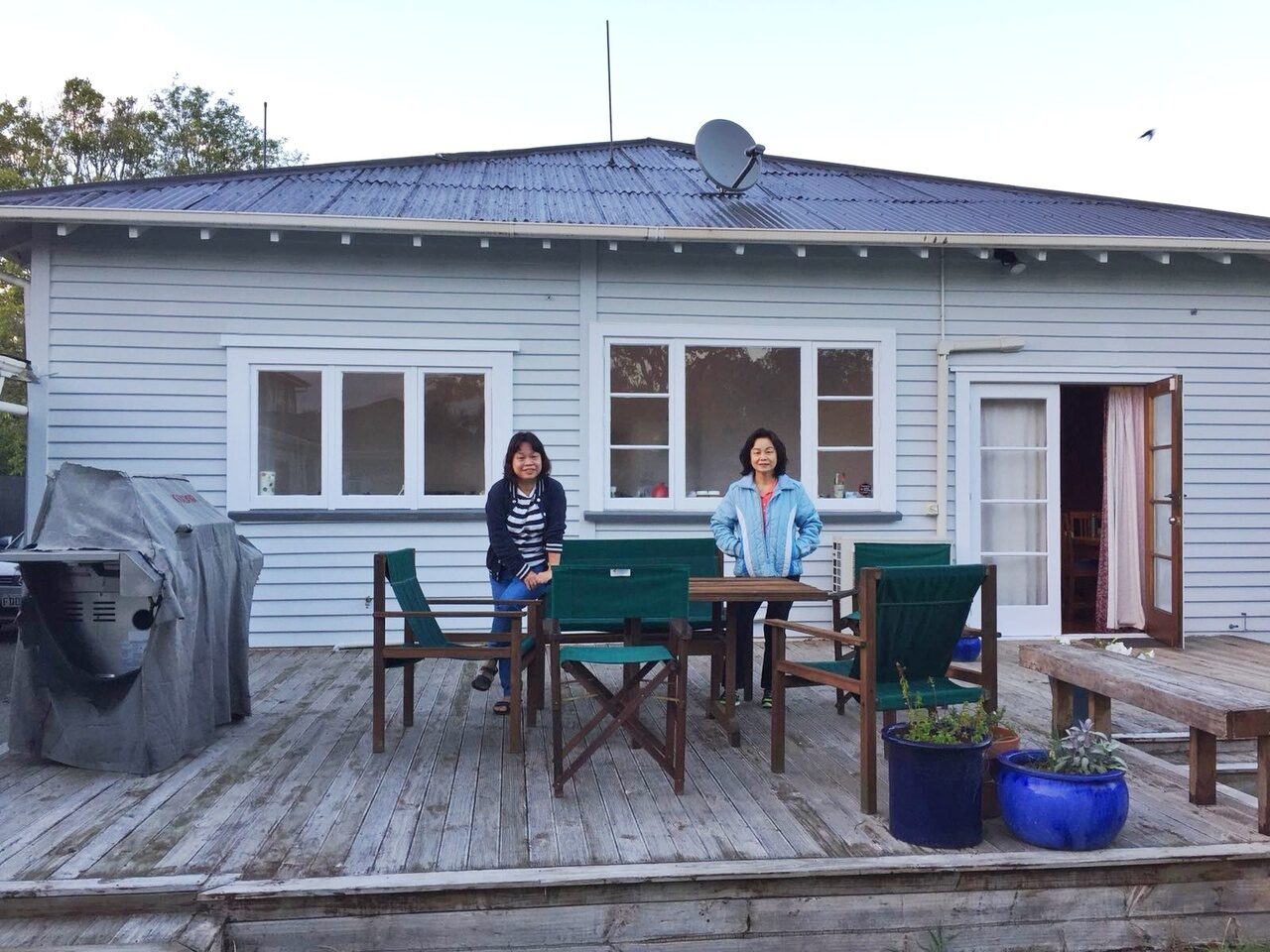
This is really important if you rely on Airbnb, motor lodges or hotels while travelling. The caravan is another popular choice in New Zealand, so this may not be applicable to you if you picked this option. Plans may change faster than you imagine so free cancellations are essential to help you save some money, especially if you’re on a budget.
I was expecting to be in Invercargill one night, the southernmost part of New Zealand when plans changed that night. We had to make super last minute changes as we ended up in a really small town called Balclutha. As we booked through Booking.com, we managed to cancel our accommodations in Invercargill for free. We even managed to book a place last minute on Airbnb and our host was really nice with accommodating us too despite that late request. These are those times when I feel extremely thankful with meeting amazing people during my travels.
5. Always have a Portable Charger
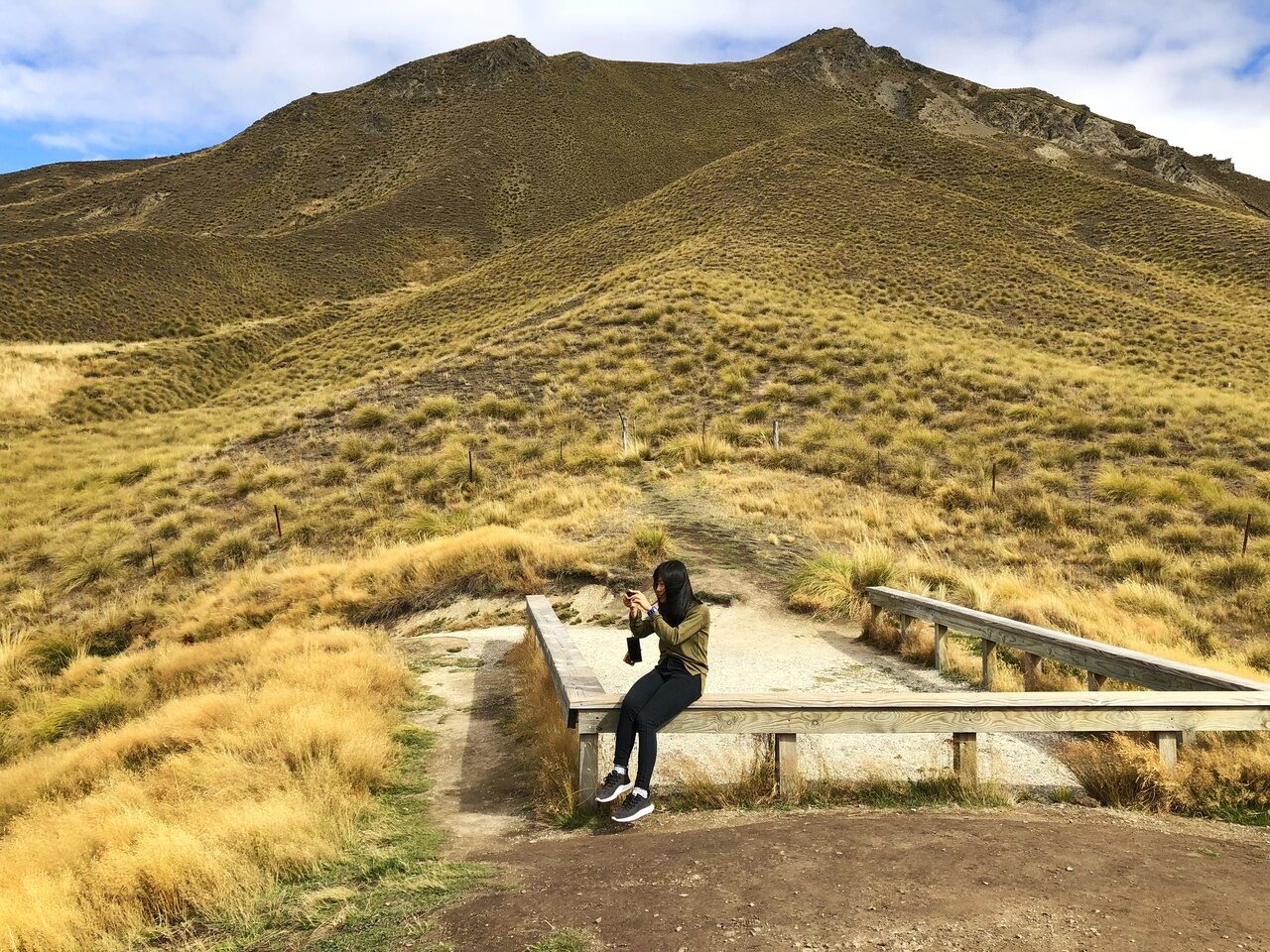
A portable charger is very useful if you have a full day trip outdoors. You can use it obviously for your phone and even other devices like your camera etc. Your phone is a lifeline as you never know when you need to make that emergency call to anyone for help. Hence, make sure there is enough battery to last you for that full day!
New Zealand is also a place where driving long periods is common. There are times that you’ll just reach your destination later than expected if you stopped to enjoy the sceneries along the way to your next destination. Also, always remember it’s WAY safer to go slow than go fast in New Zealand. You rather arrive late than never. So when you reach later than planned, you might find that all your food options might have closed.
If you’re in a bigger city, chances are you’ll still be able to find a supermarket nearby and buy some groceries or ready-made food for dinner. However, if you’re in a really small city, that’s when you probably need to search for what’s still available. I remembered how I was frantically searching on my phone one night and literally everywhere else was barren land except for one restaurant 15 minutes away. It saved me from starving that night as we managed to put in their last order for the day at the restaraunt!
6. Be Prepared for Closed Roads
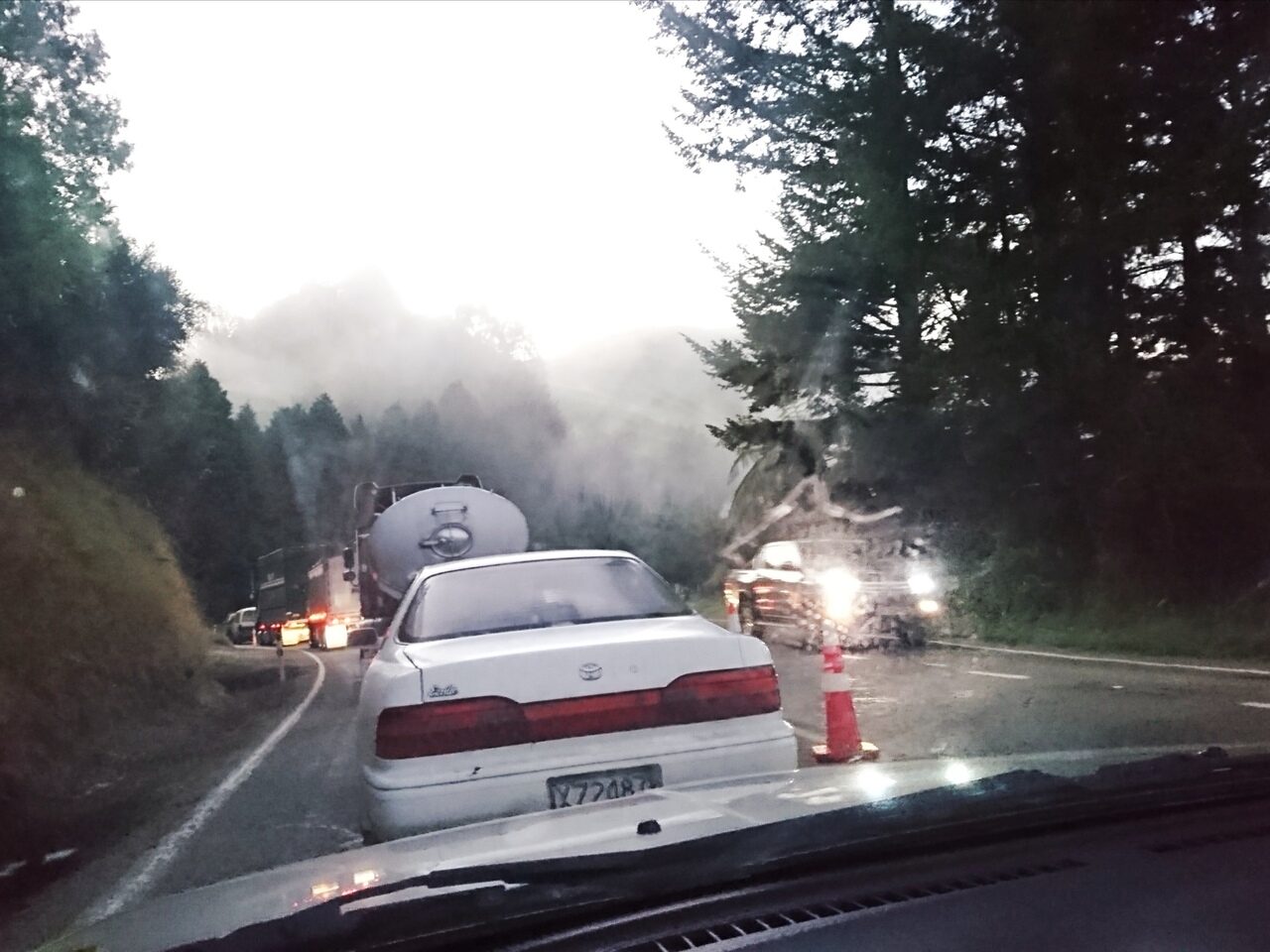
Throughout my travels, I’ve met with at least two road closures that made me change my plans at the very last minute. The most common reason for road closures was due to landslides after heavy rain, especially if prolonged. I was in Abel Tasman when a landslide occured then that damaged the only road leading up to it. It was only open for an hour each day for cars to pass through before it was closed for repair. I had to change my plans from a leisure morning drive to being on our way at 5.30am just to make sure we can exit the place in time.
There’s no way you can foresee this. However, you should always check the conditions of the roads beforehand to see if you need to make alternative plans. Have your friend beside you help you out so you guys can cook up an alternative plan really quickly if anything really happens.
